Making a winery profitable is a challenging task that requires a combination of careful planning, hard work, and a bit of luck. However, by following a few key principles, wineries can increase their chances of success and achieve long-term profitability.
Develop a clear business plan: A clear and well-defined business plan is essential for any winery looking to achieve profitability. This includes identifying the target market, outlining the winery's competitive advantage, and developing a marketing and sales strategy. Additionally, wineries should also create a detailed financial plan that outlines projected revenue and expenses, as well as a plan for financing the business.
2. Focus on quality: Quality is the foundation of any profitable winery. Wineries should focus on producing high-quality wines that stand out from the competition. This includes investing in the best grapes, equipment, and winemaking techniques, as well as hiring experienced winemakers and viticulturists. Additionally, wineries should also focus on consistency, ensuring that their wines consistently meet the same high standards from vintage to vintage.
3. Diversify your product offerings: Diversifying your product offerings is a great way for wineries to increase revenue and achieve profitability. This includes offering a range of wine styles and price points, as well as developing other products such as wine accessories, gift boxes, and even non-alcoholic products like olive oil or jams.
4. Develop a strong direct-to-consumer sales program: Direct-to-consumer sales are crucial for any winery looking to achieve profitability. Wineries should develop a strong direct-to-consumer sales program that includes a variety of marketing and sales channels, such as tastings, tours, online sales, and wine club memberships. Additionally, wineries should also focus on building relationships with customers, using customer data to personalize their marketing efforts and create more effective campaigns.
5. Optimize your distribution strategy: Optimizing your distribution strategy is essential for achieving profitability. Wineries should focus on building relationships with key distributors and retailers, and targeting the most profitable markets. Additionally, wineries should also explore alternative distribution channels, such as online sales or direct shipping to customers.
6. Invest in marketing and advertising: Marketing and advertising are essential for building brand awareness and driving sales. Wineries should invest in a variety of marketing and advertising channels, such as social media, email marketing, and paid advertising. Additionally, wineries should also focus on building relationships with influencers and media outlets to gain exposure and increase brand awareness.
7. Control costs: Controlling costs is crucial for achieving profitability. Wineries should focus on reducing overhead costs, such as labor, utilities, and equipment costs. Additionally, wineries should also explore ways to increase efficiency, such as automating processes and streamlining operations.
8. Create a loyal customer base: Building a loyal customer base is essential for achieving profitability. Wineries should focus on creating a positive customer experience, whether it be through hosting events, creating unique experiences or offering a loyalty program. Additionally, wineries should also focus on building relationships with customers, using customer data to personalize their marketing efforts and create more effective campaigns.
9. Invest in technology: Investing in technology is crucial for achieving profitability. Wineries should invest in software and systems that can increase efficiency, reduce costs, and improve the overall customer experience. This includes using software for accounting, inventory management, and sales tracking, as well as using digital tools for marketing, such as social media and email marketing.
10. Continuously evaluate and adapt: Achieving profitability is a continuous process that requires constant evaluation and adaptation. Wineries should regularly evaluate their performance, identify areas for improvement, and implement new strategies to adapt to changes in the market.
Final Thoughts
In the end, growing a winery is just like any business. Focus on building the customer journey and experience. Know your financials and cut costs where possible. Concentrate your efforts on what is working and what is selling, and put your business in a position to take advantage of marketing and advertising opportunities when they present themselves.
Let’s Connect
Ready to take the next step for your wine or hospitality brand?
Connect with Kris on Instagram
Listen to the Podcast on Apple iTunes and Spotify.
Download Kris’s Wine Brand Power Hour Checklist, A checklist for brands who want to grow their business and generate more traffic to their business, get new club members, and sell more wine.
Ready to work with Kris on making your Wine Brand profitable? Apply Today



